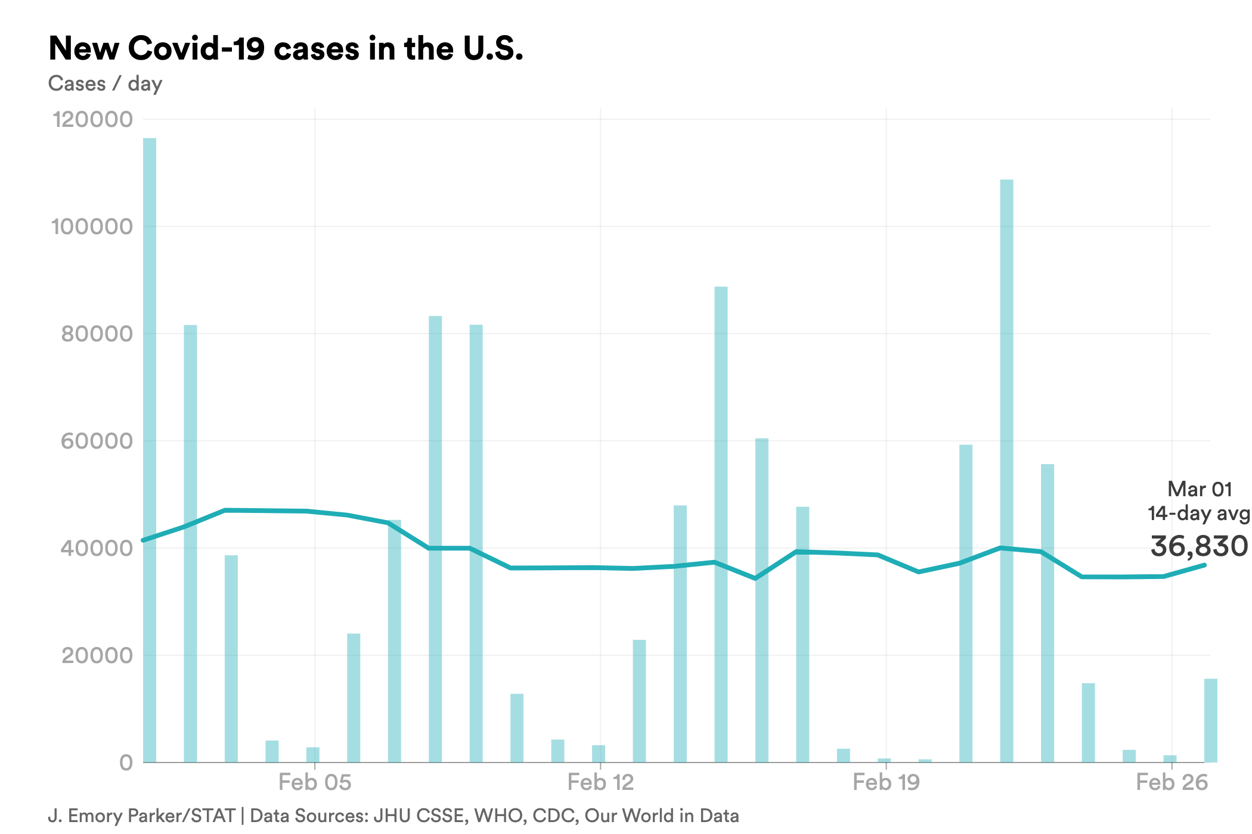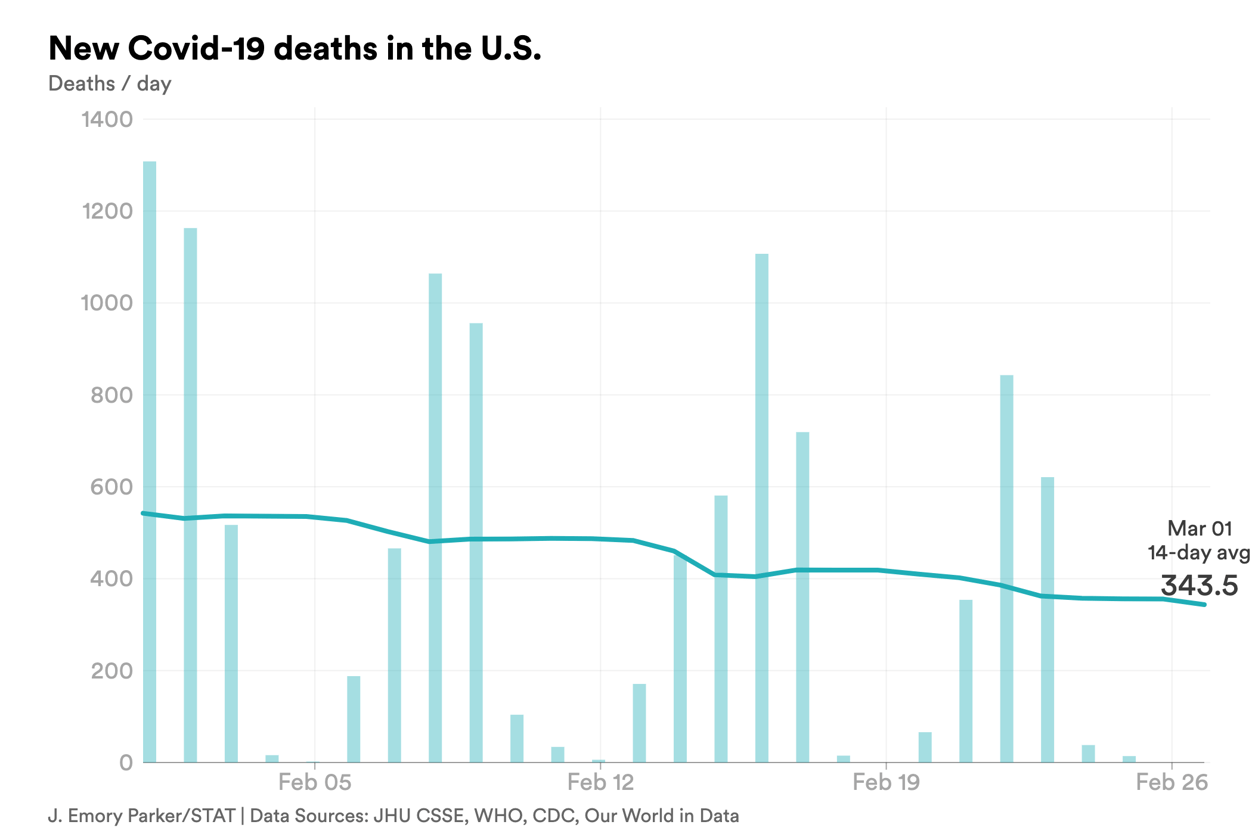Closer Look
What? Same patient, same drug, same insurer — coverage denied, then approved
 Vanessa Leroy for STAT
Vanessa Leroy for STAT
Janice Morales-Ferrer (above) has focal segmental glomerulosclerosis, a rare kidney disease that has no standard treatment regimen or predictable outcome. Even with treatment, many FSGS patients eventually progress to kidney failure and need dialysis or transplants. Until a few weeks ago, things were looking even more dire for Morales-Ferrer. Her insurance company refused to pay for the same infusion medication, rituximab, that it covered during her first bout, one her doctor said sent her disease into remission for years.
Two days after STAT inquired, Blue Cross Blue Shield of Massachusetts said it would cover the drug after all. But its Feb. 17 approval letter, valid for one year, comes after weeks of wrangling, three separate denials, and shelling out $5,000 per infusion. As STAT's Tara Bannow notes, this reflects the confounding, seemingly irrational world of insurance coverage, one with a network of billing gurus dedicated to helping patients fight denials. Read more.
vaccines
FDA advisers give thumbs-up to two RSV vaccines
An FDA advisory panel has recommended approving two vaccines against RSV in adults over 60. The decisions, made after two days of debate over safety, pave the way for the first shots against the respiratory syncytial virus, which causes illness that can be deadly for the very young and the very old. The FDA typically follows its panel's advice, so approval could come in months. The two vaccines, one made by Pfizer and one by GSK, follow a winter in which flu, Covid, and RSV strained already overwhelmed hospitals, the New York Times notes.
The votes were not unanimous: 7-to-4 in favor of the Pfizer vaccine, with one abstention, on its safety and efficacy, and 10-to-2 in favor of the GSK vaccine's safety and unanimously on the shot's efficacy. There have been a small number of reports of autoimmune conditions like Guillain-Barré syndrome emerging shortly after the shots were administered.
health
More paid sick leave may add up to more cancer screening
We've been watching cancer-screening rates since they fell off a cliff during the early pandemic's lockdown. They've ticked back up, but not to pre-2020 levels, raising concerns about detecting cancer at later stages but also piquing curiosity about a "natural experiment" in overdiagnosis, defined as picking up early cancers that would not cause harm later. Those results could take years to see, but a new NEJM paper looks at screening from a different angle: how pre-pandemic paid-sick leave mandates may have affected rates of colorectal screening and mammography, with implications for screening now.
Among workers gaining sick leave for the first time, breast cancer screening rates increased 9% to 12% and colorectal screening rates increased 21% to 29%, the researchers found from a sample of about 2 million insured employees from 2012 through 2019. Underserved racial and ethnic groups as well as low-income populations disproportionately lack paid sick leave, so the researchers say expanding such coverage could advance health equity in cancer prevention and control.
by the numbers




No comments